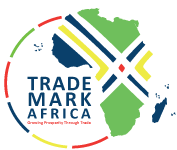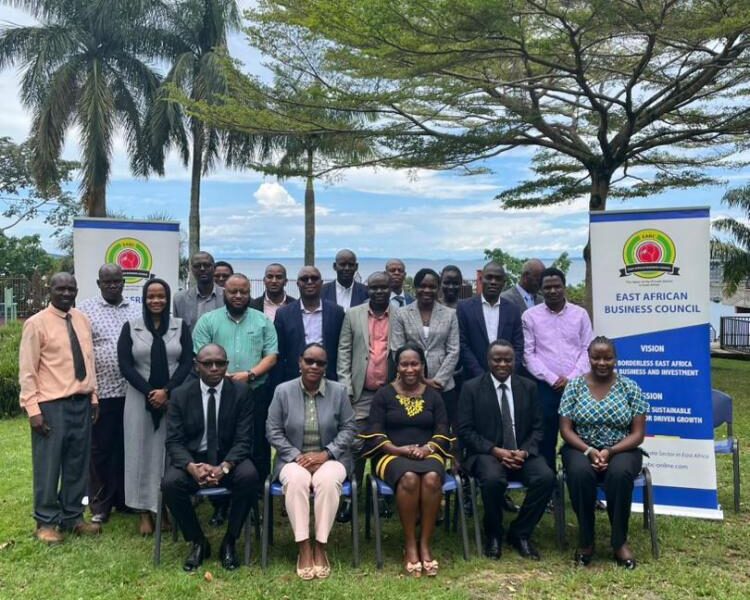The East African Community (EAC) private sector is taking steps to adopt a self-regulatory framework for food safety and quality standards for coffee, fresh fruits, and vegetables as required by national, regional, continental, and global markets, reads a statement from a high-level stakeholder workshop held on April 18, 2023, in Tanzania.
This framework aims to influence value chain stakeholders to observe safety and standards that make their goods competitive in international and regional markets and safe for consumers and to improve the quality and safety of fresh fruits and vegetables in the region.
According to Martin Kimanya, Consultant on Food Safety and Quality Standards of the GIZ Market Access Program, self-regulation should go hand in hand with the EAC’s move to harmonize standards. He also highlighted some challenges to self-regulation, including inadequate funds to build networks.
On her part, Estella Aryada, the GIZ MARKUP Program Coordinator, pointed out that the respective Partner States should support the Private Sector in implementing the Framework. “The benefits of reduced certification costs and delays can create an environment of trust among consumers in both local and international markets”.
Ketra Nakayenga, Principal MSME, Quality Assurance & Standardization from the Ministry of Trade, Industry, and Cooperatives Uganda, said Uganda has made great strides in complying with international standards. She urged the private sector to encourage more scientific approaches to meet food safety and quality standards.
The implementation of a Self-Regulatory Framework is at the final level of approval by the private sector and is set to boost cross-border trade along the priority EAC value chain. It will also ease the compliance cost and administrative requirements by regulatory agencies, according to Mr. Frank Dafa, EABC Expert SPS and Standards representing the CEO of EABC.
The workshop organized by EABC in partnership with GIZ Market Access Program (MARKUP) under the EU-EAC Funded Project drew food standard experts, representatives of business associations from various agribusiness sub-sectors, and from the public sector. The framework is expected to be ratified and domesticated at the national level.
Read original article

